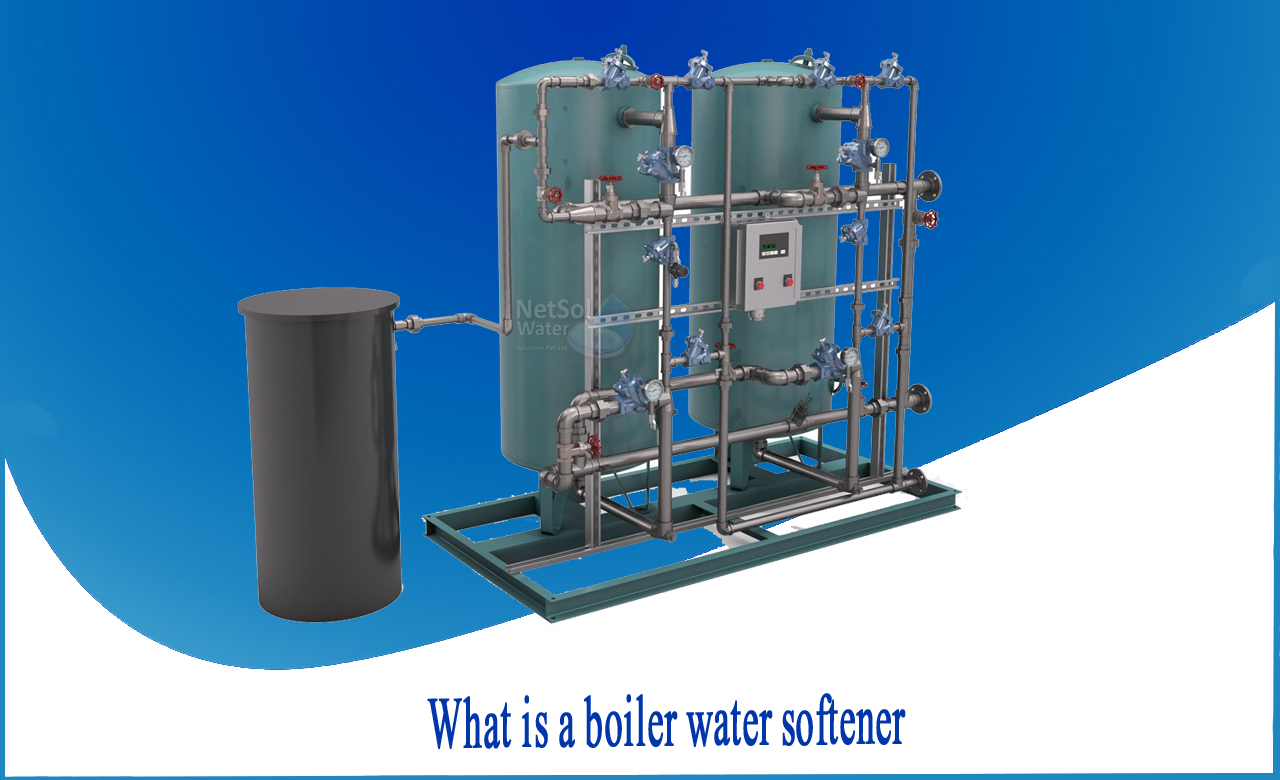Introduction: What is water softening?
Water softening or demineralization is the process of removing contaminants such as calcium, magnesium, iron, and silica that can create scale. Lime softening, sodium cycle cation exchange (also known as sodium zeolite softening), reverse osmosis, electro-dialysis, and ion exchange demineralization are all common procedures for removing these contaminants. The best treatment relies on the quality of the water supply, the boiler's purity requirements, and to some extent – the budget.
What is a boiler water softener?
Considering water as extremely corrosive if not properly cleaned and handled, is to blame for the vast majority of boiler maintenance concerns. Foreign particles can also be carried into the boiler by water, which can accumulate over time and cause substantial damage.
Scaling can be caused by improper water treatment or a failure to use a treatment plan at all, resulting in irreversible boiler tube damage. Prior to entering the boiler, water should be pumped through a water softener to prevent scaling. A water softener removes foreign particles like magnesium, calcium, and other hard minerals from the water. These particles adhere to the boiler's inner liner, lowering heat transfer efficiency and increasing the amount of energy required by your boiler.
Water softening equipment is currently implemented in the field of water treatment through the substitution effect of resin, and various considerations must be made when selecting resin.The resin is a plastic-like, insoluble substance that may exchange one ion for another. Cation and anion resins are the two types. Each is capable of swapping one sort of ion for the other.
Selection of Water Softening Resins
A boiler's efficiency will inevitably deteriorate as it is used. Inefficient boilers are more expensive to operate in terms of electricity, gas, and maintenance. One of the most common causes of poor boiler performance is improper water treatment. Treatment is required as part of any boiler maintenance programme. As part of your annual maintenance, a water softener can assist in keeping your boiler in good working order.
A variety of ion exchange resins can be used to soften water.
Calcium and magnesium are removed from hard water when it travels over a layer of resin containing calcium and magnesium (the principal hard water ingredients). The total hardness (TH) of the water is defined as the sum of these contaminants. Ion exchange resins not only remove hardness from water, but they also remove soluble iron. As a result, it's critical to analyze water for the presence and quality of soluble iron. The maximum amount of soluble iron allowed in standard resins is 3ppm.
1: Strong acid type cation resins are typically used in water softening equipment resins, although this idea is incorrect. Anion resins can, in fact, be utilized as resins in water softening devices. However, due to factors such as cost, the majority of them opt for cation resins.
2: Domestic resin, which is less expensive and more practical, can be used in soft water equipment with less rigorous standards for softened water quality.
3: The amount of resin used in water softening equipment is usually between 60 and 80 percent of the tank body. The resin should not be too little, and it will not perform as well as if it is larger.
Water softening equipment should pay special attention to the regeneration and maintenance of softening resin, which is usually accomplished with the use of industrial salt.
Are you looking for the best commercial and industrial Water Softener manufacturers in India?
Netsol Water offers various range of Water Softeners and their maintenance services. We as water treatment experts, can help you with water reuse and conservation in your operations, as well as the optimization of existing water production and the design and building of new, energy-efficient, and environmentally friendly water and wastewater treatment systems. Our products and solutions can provide the water your plant requires at every stage!



